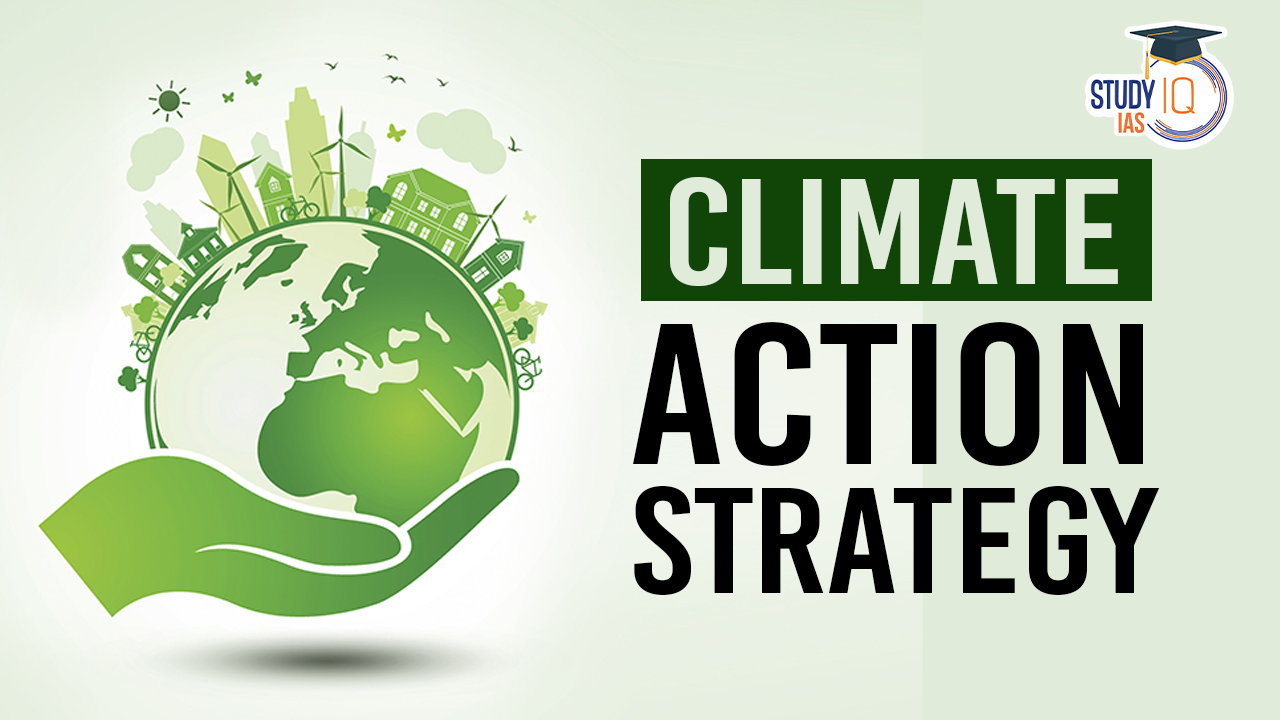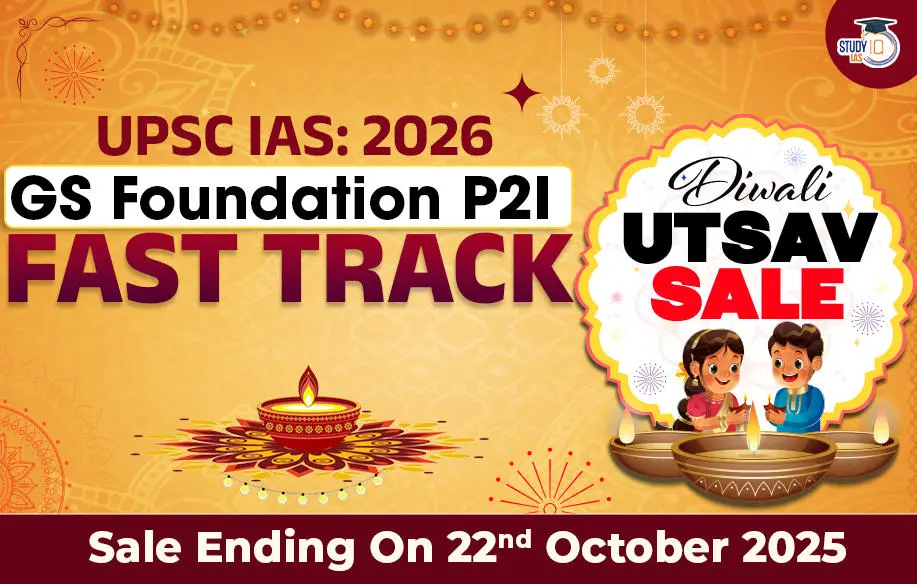Table of Contents
Current Climate Challenges
- Reliance on Coal: Despite advancements in solar and renewable energy, coal remains a significant part of India’s energy mix, accounting for 78% of electricity generation. Clean energy constitutes only 22% of the total electricity mix.
- Urgent Environmental Issues: Key areas needing immediate attention include:
- Heat Stress: India is highly vulnerable to heat stress, with potential heat waves exceeding human survivability limits.
- Air Quality: Poor air quality remains a persistent problem, exacerbated by pollutants.
- Waste Management: Effective waste management strategies are required to address growing urbanisation.
- Energy Efficiency: Enhancing energy efficiency is critical to managing increasing energy demands.
- Growing Energy Demand: The demand for energy in India is projected to increase significantly, necessitating comprehensive policies that address these challenges effectively.
Mitigating Pollutants
- Short-lived Climate Pollutants (SLCPs): Addressing pollutants like methane, black carbon, and hydrofluorocarbons is crucial. Methane is particularly concerning as it traps significantly more heat than CO2 over short periods.
- Actionable Frameworks: Breaking down climate issues by pollutants or sectors can lead to more effective solutions. Tailor-made treaties could be integrated into the Paris Agreement to ensure accountability.
- Successful Models: The Montreal Protocol serves as a successful example of international cooperation in reducing harmful emissions, particularly with its Kigali Amendment aimed at phasing out potent F-gases.
- Five Critical Changes for Air Quality:
- Foster collective responsibility.
- Invest proactively in clean air initiatives.
- Integrate sustainable development practices.
- Utilise data-driven interventions for targeted actions.
- Recognize clean air as an economic growth driver.
Importance of Carbon Markets
- Incentivizing GHG Reductions: Carbon markets can provide financial incentives for reducing greenhouse gas emissions. To limit global temperature rise to 1.5-2°C, global GHG emissions must decrease by at least 43%.
- India Carbon Market Launch: India plans to launch its ‘India Carbon Market’ in 2026, which could help achieve Nationally Determined Contributions (NDC) goals and potentially become the largest emissions trading system globally by 2030.
- Financial Mechanisms: Developing nuanced approaches to carbon trading and financial incentives will be essential for accelerating climate action.
- Separate Metrics for Pollutants: Current metrics that convert all pollutants into CO2 equivalents obscure the diverse impacts of different pollutants. A more detailed measurement approach would allow for better accounting of their varied effects.
Political Landscape and Climate Action
- Neglect in Political Commitments: The 2024 Lok Sabha elections largely ignored the escalating climate crisis despite voter demand for action. Party commitments to climate initiatives were deemed inadequate.
- Disconnection from Citizens’ Reality: Unlike many Western countries, India lacks a dedicated ‘green party’, leading to a sustainability discourse that feels disconnected from the everyday concerns of citizens.
- Need for Climate-Progressive Leadership: Effective leadership is essential to integrate climate action into political agendas rather than treating it as a token issue.
Conclusion
India’s next five years are pivotal for climate action as it strives to meet its 2030 targets amid significant challenges related to reliance on coal and environmental degradation. Comprehensive policies addressing energy efficiency, pollutant reduction, and the establishment of carbon markets are crucial steps forward. Moreover, political commitment and public engagement will be vital in ensuring that climate action becomes a core priority rather than an afterthought in India’s development agenda.


 Bonnet Macaques: Habitat, Features, Beha...
Bonnet Macaques: Habitat, Features, Beha...
 Periyar Tiger Reserve, Map, Flora, Fauna...
Periyar Tiger Reserve, Map, Flora, Fauna...
 Project Cheetah in India, Objectives, Ch...
Project Cheetah in India, Objectives, Ch...




















